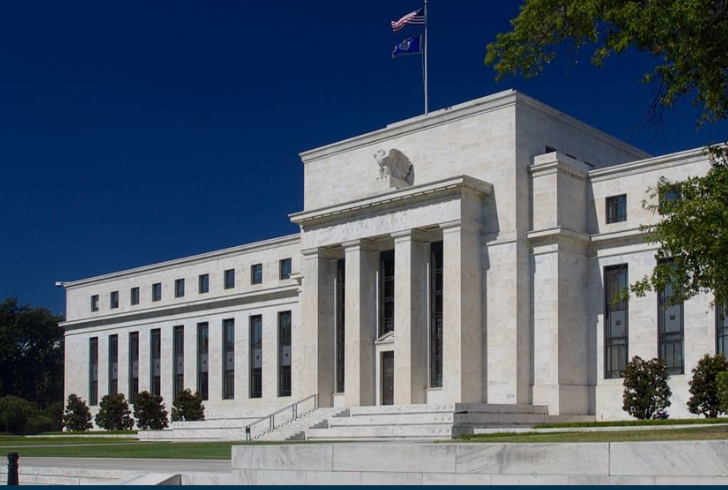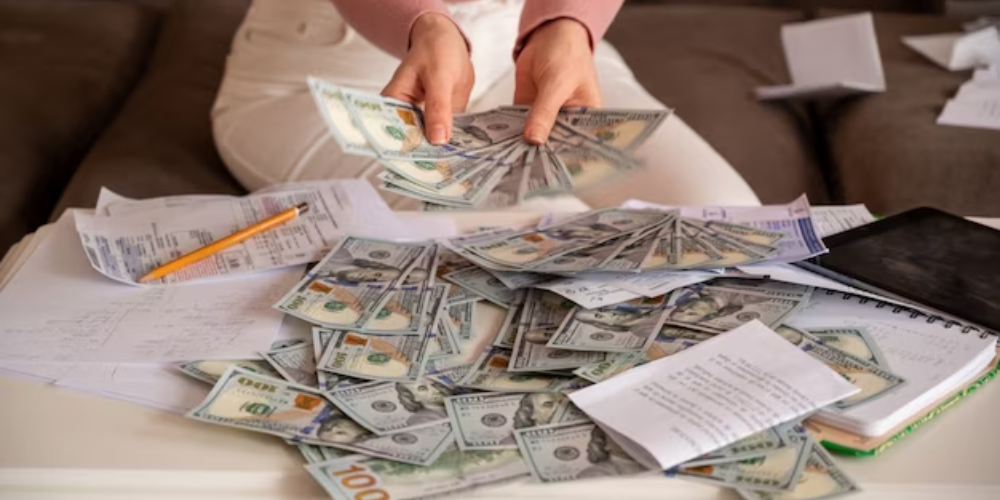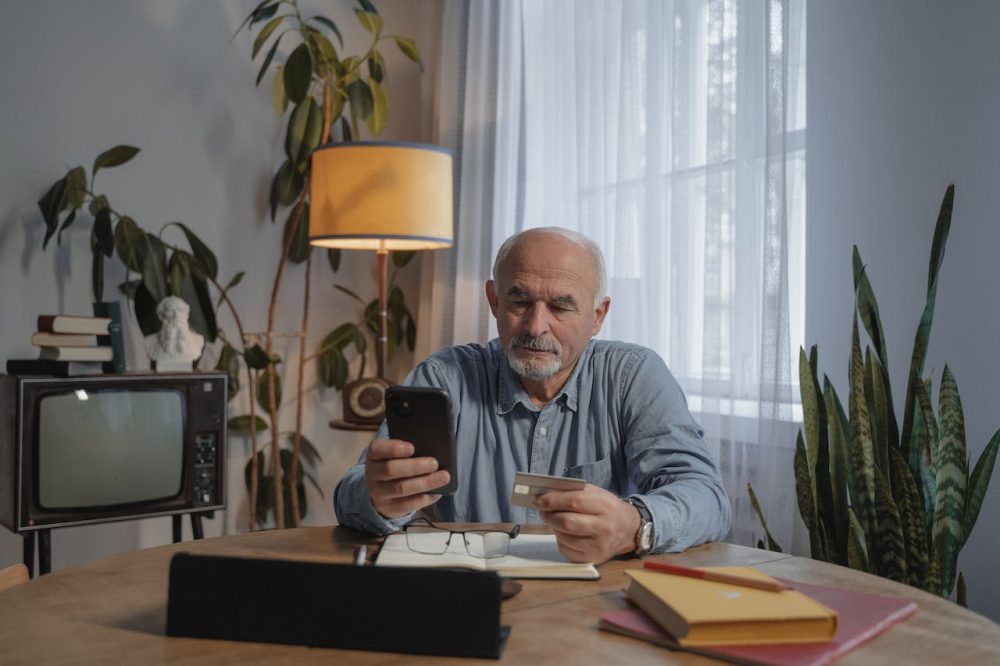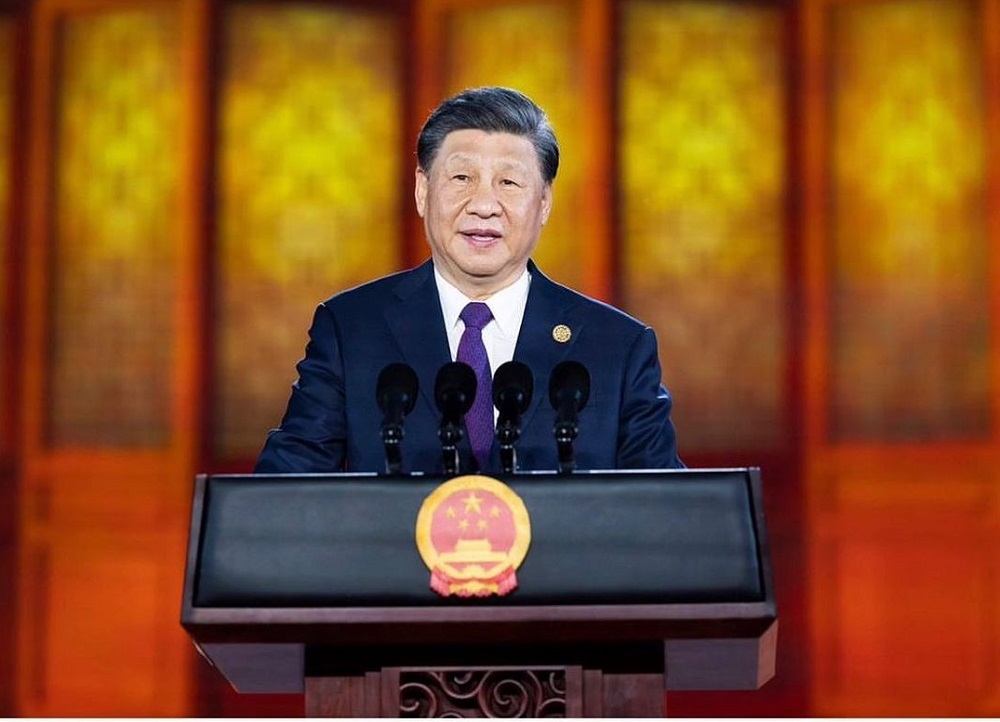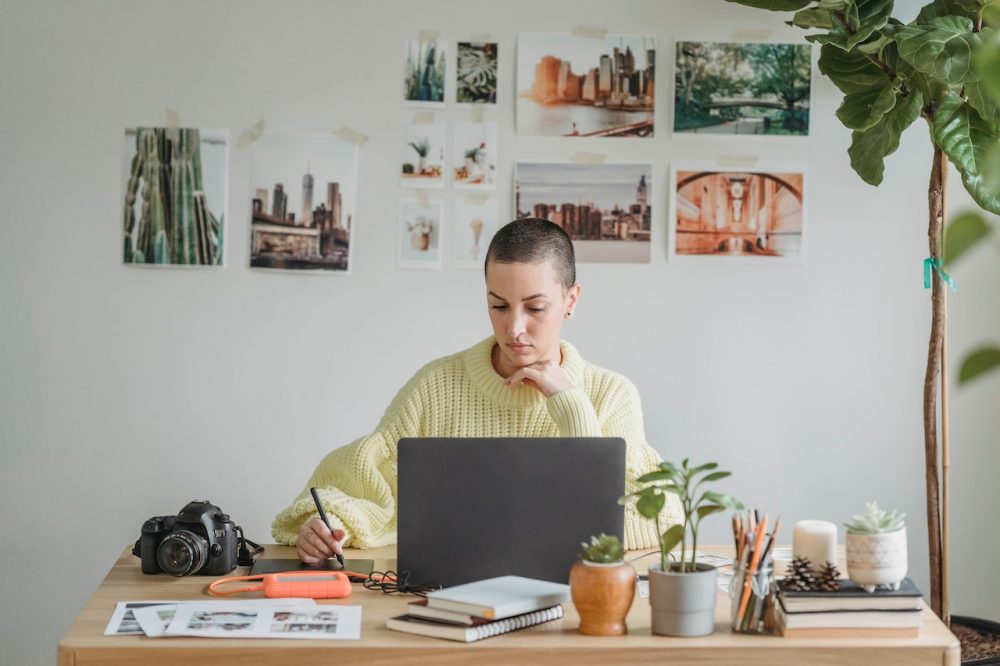An emergency fund is important for everyone, especially during such times. If you don’t know what an emergency fund is then you should at least know that these are savings, which are solely dedicated to catering to your needs during unexpected times such as a car crash, medical assistance, or even a loss of a job. During the pandemic, many people realised that they didn’t have an emergency fund, which led to them either piling up extremely huge amounts of debt or facing homelessness.
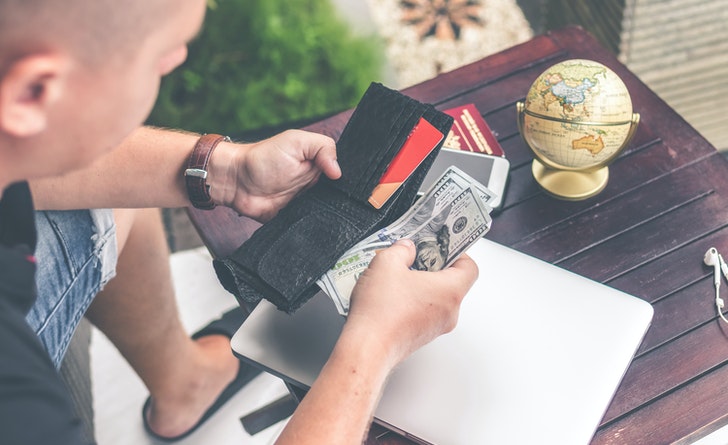
Artem Beliaikin/Pexels | Saving for those rainy days
Now that jobs are starting to open up, people are looking to create emergency funds for at least 18 months.
If you want to know how then keep reading!
1. Evaluate Your Monthly Expenses
Before you start setting aside a certain amount for an emergency fund, you should know what your finances look like. Do you even have enough to save or does all your money goes into unnecessary purchases? To do so, you’ll need to note down every single expense from the month: bills, grocery, pet food, and even your Netflix subscription. Then you’ll have to compare it with what you've left behind, how much of it goes into a car payment, or a phone that you’ve got on lease. This will also help you determine your 18-month emergency fund. Once you’ve got your monthly expenditure, simply multiply it by 18 and round it off to a higher figure, and that becomes your goal to save!
2. Reduce Your Spending
There are certain items in your house that you don’t use very often and can easily live without but they continue to take place in your home and take money out of your wallet. Once you’ve decided to set an emergency fund, it would be the best time to cut out those things. It could be an extra entertainment subscription that you rarely use or maybe downgrading to a regular internet package. You can even reduce your spending by opting for homemade food over eating out and save some cash at the grocery store by swapping for the less expensive items.

Karolina Grabowska/Pexels | Even a little savings can go a long way
3. A Separate Account
Sometimes you might find yourself taking money out of your account and telling yourself that you’ll save more the next time but that won’t ever happen! What’ll happen is that you’ll end up emptying your account before you even hit the target. So, to avoid this, you need to have a separate account for your emergency fund.
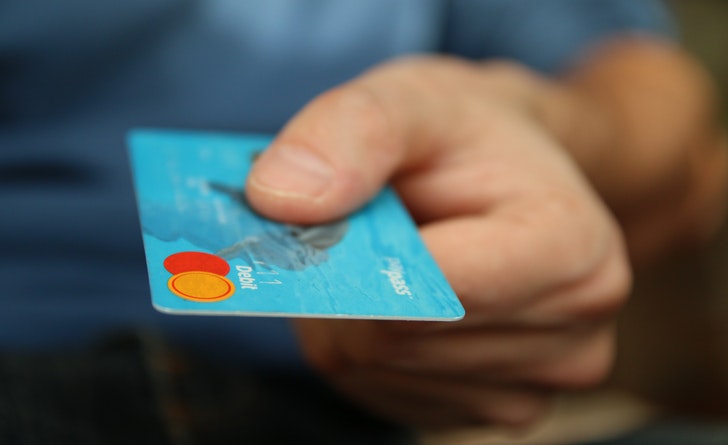
Pixabay/Pexels | Separate account for a separate fund
So, will you start saving up?

